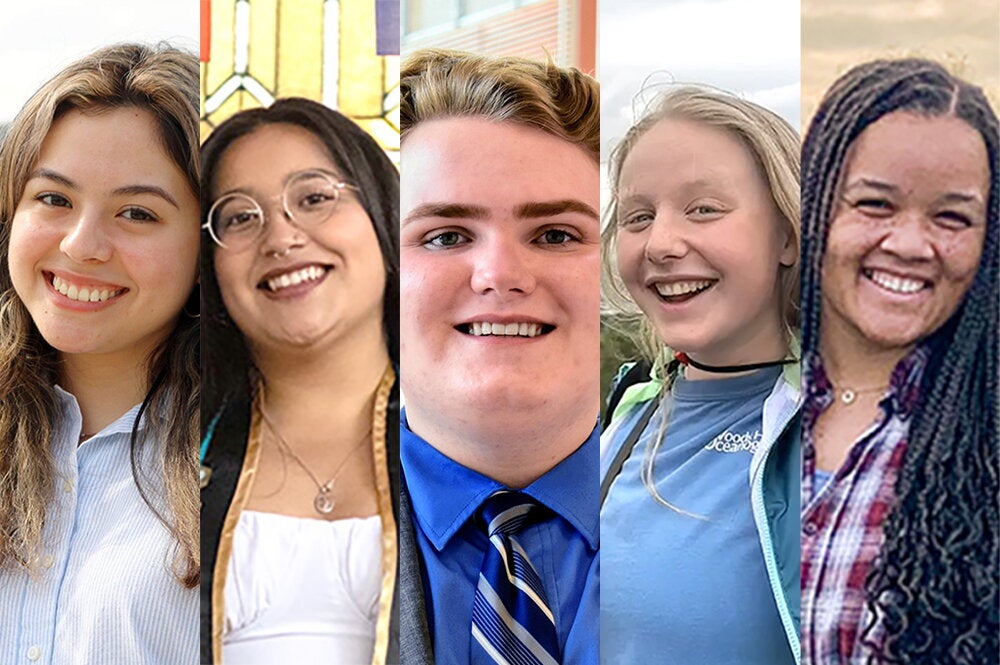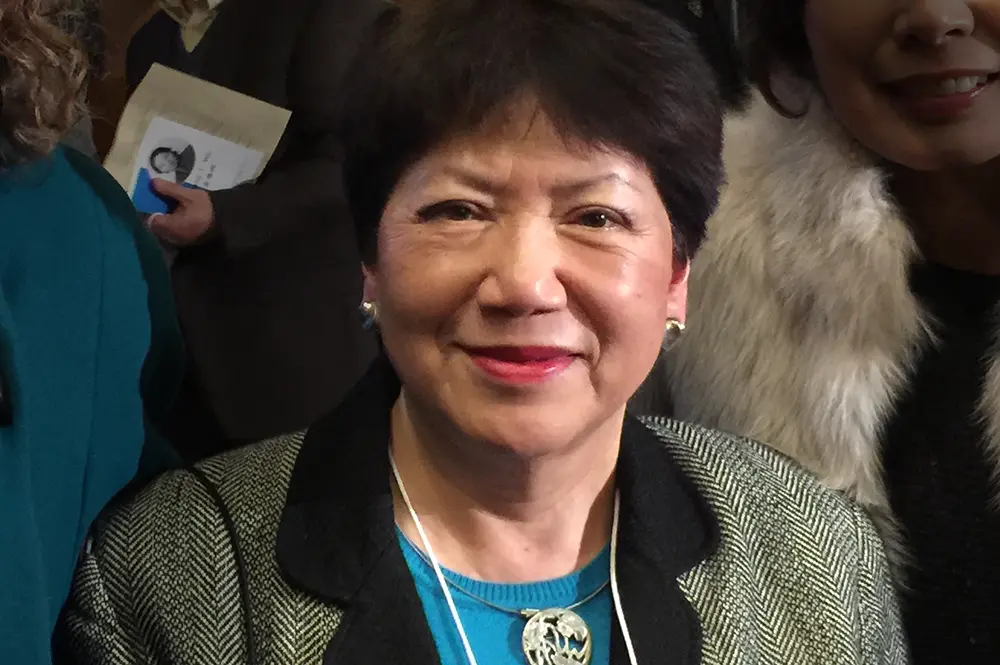
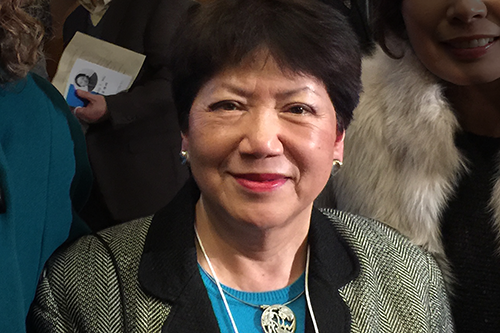
For more than 150 years Chinese students have traveled to the U.S. seeking higher education. The Seetoo family has followed that tradition for nearly as long.
The first Seetoo in America—the grandfather of U of I graduate Amy Seetoo (司徒達森)(MA, ’70, teaching English as a second language)—was Fucheng Seetoo (司徒傅權, 字夢岩), who arrived 118 years ago. He left Shanghai at the age of 16 and docked in Massachusetts in 1904. By 1914, he had graduated from Massachusetts Institute of Technology with a degree in naval architecture and marine engineering.
Amy Seetoo learned of her grandfather’s accomplishments at an early age from her father, Chin Cheng (C.C.) Seetoo (司徒金城). The stories her father told were “gifts to last a lifetime,” she said.
“My father was a businessman, always looking for business opportunities, and I admired him for that. He was often ahead of his time, and that was his challenge,” Seetoo said. “He wanted to sell sandwiches at a ballpark when people in Taiwan didn't know what sandwiches were. Now they eat hamburgers all the time.”
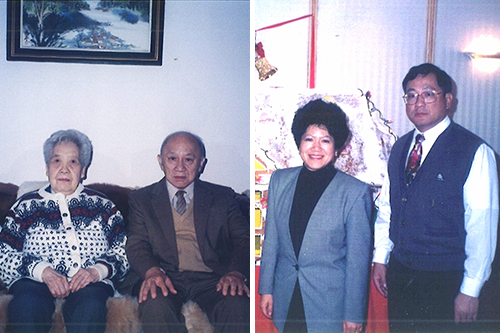
C.C. Seetoo was an entrepreneur at heart. Because he was fluent in English, Cantonese, and Mandarin, he was able to work as an interpreter for the U.S. Army, a travel agent, and an exporter. Amy’s mother, Te-hsiu Wang Seetoo (司徒汪德秀), a graduate of the prominent Yenching University in Beijing, and with English, Cantonese, and Mandarin skills matching those of her husband, taught English to high school students and taught Chinese to American families, and served as administrative assistant in the United Nations Educational, Scientific, and Cultural Organization (UNESCO) office in Taipei. She translated Seetoo’s letters to her pen pal in New Jersey while Seetoo was studying English in junior high.
Seetoo’s father’s skills made him valuable, Seetoo said, and he wanted the same for his children. He also wanted his children to study in the United States, which was something he regretted not doing himself due to World War II. With her father’s desires in mind, Amy Seetoo applied for the Teaching English as a Second Language (TESL) program at UIUC (within the Department of Linguistics), the only school to which she applied. When she was granted a research assistantship, her father borrowed money for her plane tickets.
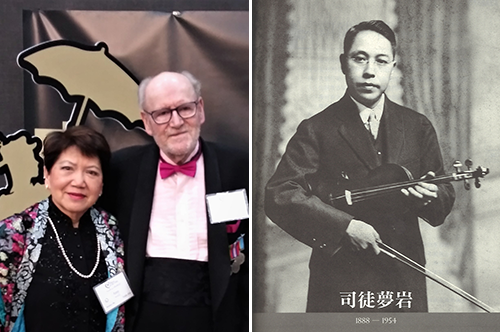
In 1968, upon graduation from the National Chengchi University, she left her birthplace of Taipei, Taiwan, for Champaign-Urbana. In 1970, she graduated from the University of Illinois with a master’s degree in teaching English as a second language. Seetoo is very pleased that her brother Dah Hsian (司徒達賢) (MBA, ’73) and nephew Chia-Heng (司徒嘉恒)(JD,’07) followed her steps to study at UIUC. Dah Hsian is a prominent retired business professor in Taipei, and his son Chia-Heng is a partner of a law firm and a former president of the University of Illinois Alumni Association in Taipei.
In her career, Amy Seetoo has served as a reference librarian at U of I, a manager at University Microfilms (the predecessor of ProQuest), and as an interpreter for medical clinics and courts in Southeast Michigan. She has managed her Ann Arbor rental properties for more than 30 years.
“What I learned at UIUC from the TESL program was the importance of cross-cultural communication,” a new concept first introduced to her by then TESL director Kay Aston, Seetoo said. “One may know how to write a good sentence, read widely, and pronounce words correctly, but one still has to be well versed in the culture—the unspoken part—of the English- speaking society in order to communicate effectively and convey ‘comfort’ at any encounter.”
Seetoo has volunteered in many community organizations, both Chinese-speaking and English-speaking. She has served on numerous boards and as president of several organizations, including the Chinese American Society of Ann Arbor (CASAA) and the Michigan Taiwanese American Organization (MiTAI), two organizations dedicated to cultural exchange. She is proud to have served two terms of presidency of the AAUW (American Association of University Women) Ann Arbor Branch. She even ran for a city council seat in Ann Arbor in 2003.
She has written articles for a local Chinese newspaper on the American democratic system, and she has given speeches on cross cultural communication. Still, Seetoo wishes she could have been an entrepreneur, like her father, in promoting cross cultural communication so that the world could be a more understanding place.
Seetoo believes that TESL teachers, in addition to teaching the language itself, should teach aspects of day-to-day culture to help students succeed in America and other English-speaking countries. That’s why Seetoo has established the C.C. Seetoo Family Scholarship Fund to benefit graduate students at UIUC. By doing so, Seetoo wanted to not only honor her parents, but to also show gratitude toward UIUC’s TESL program and all the faculty members who helped Seetoo navigate a successful career and rewarding life.
She hopes to recognize graduate students who understand the importance of cross-cultural communication in the teaching English as a second language as well as the importance of conducting interdisciplinary research for business ventures.
Seetoo said that those who receive and benefit from the award have her father, C.C. Seetoo, her mother, Te-hsiu Wang Seetoo, and her grandfather, Fucheng Seetoo, to thank. “I stand on the shoulders of my parents and grandfather, I’m so lucky to have descended from them,” Seetoo said. “I have been so nurtured and inspired by them that I’ll be remiss if I don’t do anything to honor them.”
